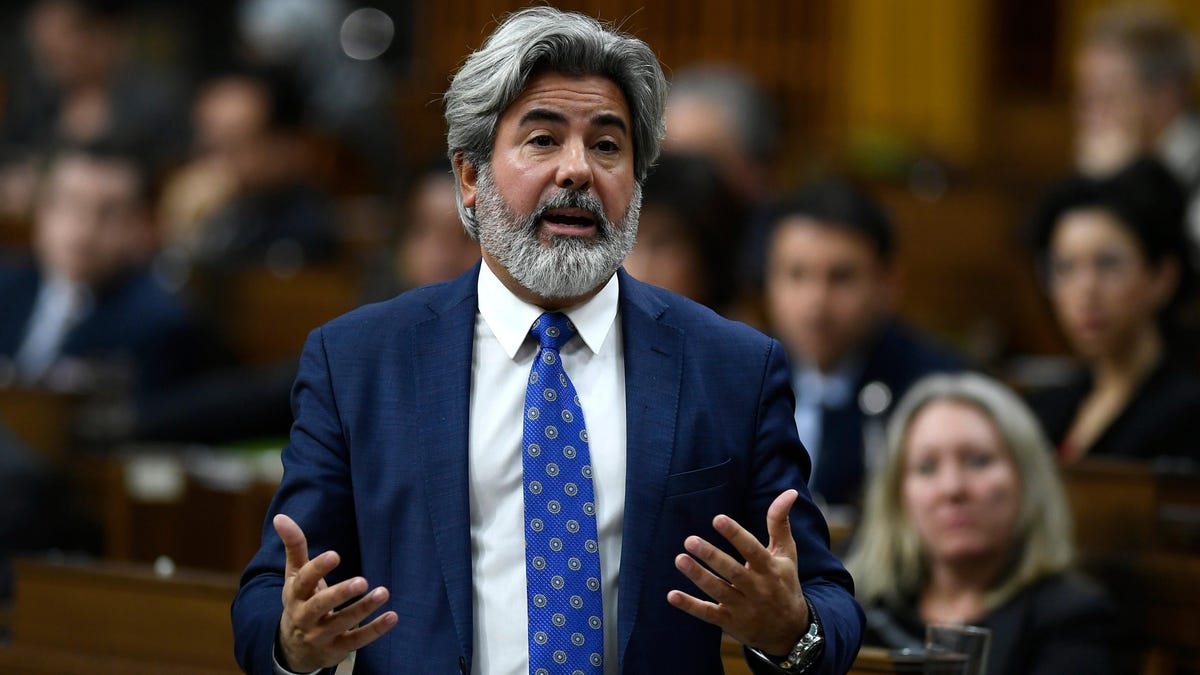
Canadian officials say the federal government will suspend all of its advertising on Facebook and Instagram following Meta’s drastic decision to block access to news links in the region as retaliation to the country’s passage of the Online News Act. Major Canadian corporations like Quebecor and Cogeco Communication have similarly pledged to cease advertising on Meta platforms to rebuke the company. It increasingly looks like Meta’s commitment not to pay news publishers for accessing their material could wind up costing the company millions in lost advertising revenues. On the other hand, complying with the legislation could cost Meta millions more.
Canadian Heritage Minister Pablo Rodriguez made the announcement on Twitter Wednesday, saying the government would no longer continue sending money to Meta while they “refuse to pay their fair share to Canadian news organizations.” The government reportedly spent around C$11.4 million or $8.6 million on Facebook between 2021-2022 according to a recent annual report. To put that in perspective, Canada’s Office of the Parliamentary estimates Google and Facebook combined would wind up paying around CA$329.2 million (roughly $242.99 million USD) to news publishers as a result of the legislation.
Advertisement
A spokesperson for Rodriguez confirmed the minister’s decision to suspend ads on Facebook and Instagram in an email to Gizmodo.
Advertisement
Advertisement
During a press conference earlier in the day, the minister said the decision to cease paying for ads was made in response to Meta’s “unreasonable, [and] irresponsible” decision to begin blocking news access for Canadian users. Rodriguez said the government will still continue placing ads on Google despite its own similar opposition to the Online News Act because the search giant appeared more willing to negotiate.
“We’ve met both Google and Meta multiple times to better understand the concerns,” Rodriguez said according to The National Post. “We’re convinced what Google is asking at this moment can be done through regulations.”
“We believe we have a path forward and we’re willing to continue talking with the platforms,” he added.
Meta doesn’t seem to share that sense of conciliatory optimism. In a statement sent to Gizmodo, a Meta spokesperson described the Online News Act as a fundamentally flawed piece of legislation that “ignores the realities of how our platforms work.”
Advertisement
“Meta does not proactively collect links to news content to display on our platforms; instead, publishers actively choose to post on Facebook and Instagram because it benefits them to do so,” the spokesperson said. “Unfortunately, the regulatory process is not equipped to make changes to the fundamental features of the legislation that have always been problematic.”
Canada calls Meta’s bluff
Canada is engaged in a policy game of chicken with some of the world’s most prominent tech platforms over their dramatic refusal to comply with The Online News Act. That legislation, which is modeled after a similar Australian law, requires platforms to strike commercial deals with local publishers before using their content. Supporters say it’s necessary to bolster local journalism, but opponents, like Meta called in an unreasonable and “unworkable” link tax. Meta called the government’s bluff last month by saying it would block access to news links on Facebook and Meta when it takes effect.
Advertisement
Complying with a single country’s journalism fee, as it did in Australia, might not seem like much, but experts speaking with Gizmodo like Internet Society Executive Officer Andrew Sullivan say compliance here could lead to a snowballing effect of internet companies capitulating to similar copycats bills being proposed in California and Brazil. Lawmakers in the US House and Senate are also considering the viability of similar legislation at the federal level.
For now, the internet platforms appear unwilling to budge. Less than one week after Meta said it would cut off access to news links for Canadian Instagram and Facebook users, Google followed suit saying it plans to remove Canadian news links from its search results and other major products once the legislation takes effect.
Advertisement
“We have been saying for over a year that this is the wrong approach to supporting journalism in Canada and may result in significant changes to our products,” Google said
At the same time, a coalition of Canadian groups is banding together to bolster the government’s position. Canadian media corporation Quebecor and internet service provider Cogeco Communications have both said they plan to withdraw all advertising from Meta-owned products.
Services Marketplace – Listings, Bookings & Reviews